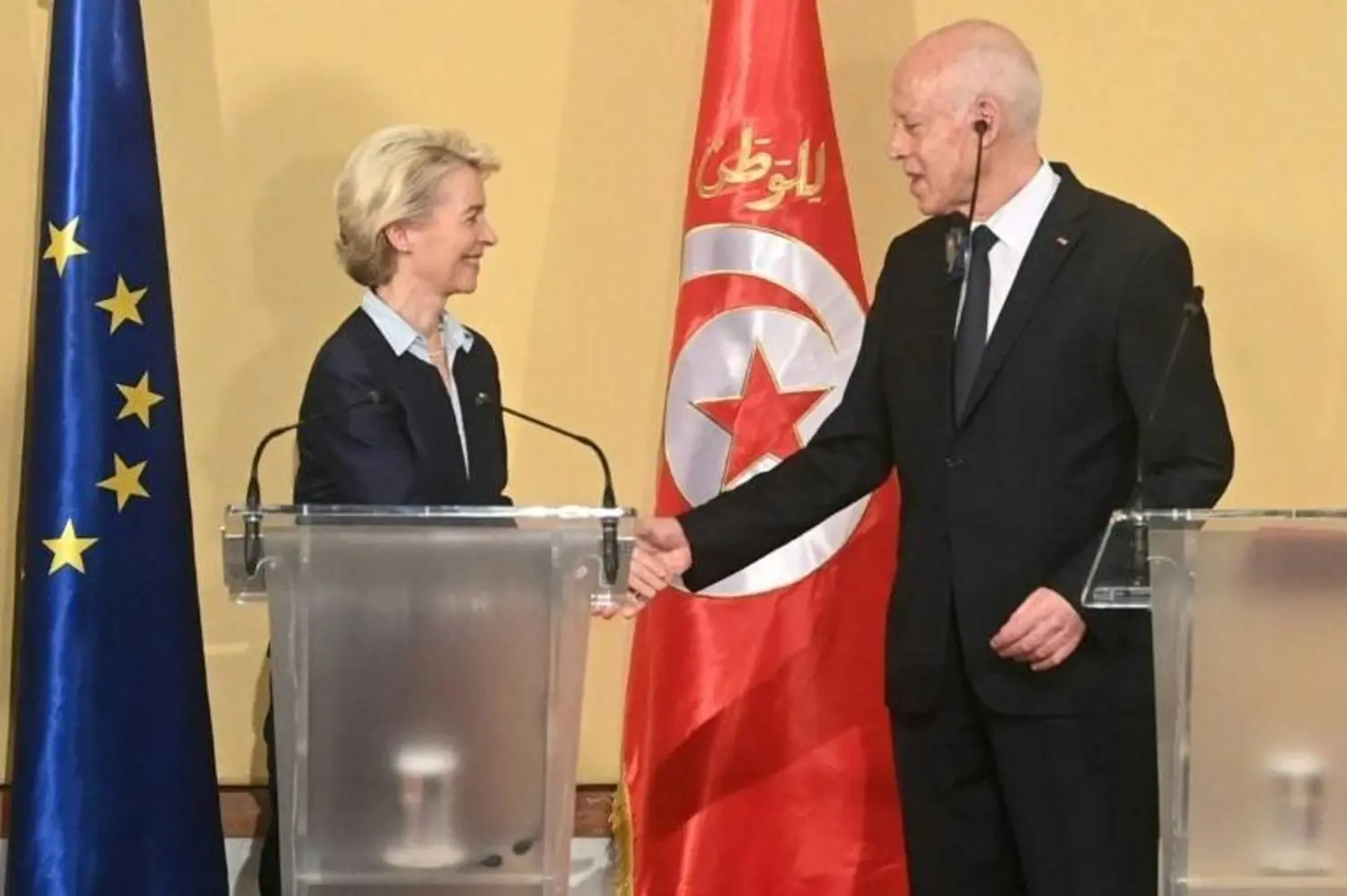The European Union announced on Friday that it will initiate the disbursement of funds to Tunisia as part of an agreement aimed at curbing irregular migration from the nation, according to the European Commission.
Ana Pisonero, a spokesperson for the commission, confirmed that the first instalment of 127 million euros ($135 million) is set to be disbursed within the next few days.
The deal between the European Union and Tunisia is being questioned by EU lawmakers, the bloc’s ombudsman, and migrant assistance charities, as reported by AFP, who are scrutinising its alignment with European human rights standards.
The agreement, established through a memorandum of understanding signed by Commission Chief Ursula von der Leyen in July, stipulates that Tunisia will receive 105 million euros to combat irregular migration, 150 million euros in budgetary aid, and 900 million euros in long-term support.
Tunisia plays a significant role as a launch site for migrant vessels attempting to cross the Mediterranean into Europe, with the majority targeting Italy, notably the island of Lampedusa.
Italy’s far-right government is a strong advocate of the EU deal, which aims to reinforce Tunisia’s coastguard in order to prevent boats from leaving its coast. Some of the allocated funds also contribute to United Nations agencies providing assistance to migrants.
Read also: Tunisia, EU Seal Crucial Deal On Migration
According to Pisonero, a portion of the 127 million euros earmarked for rapid disbursement, specifically 42 million euros, is designated for the migration aspect outlined in the July deal.
The remainder of the money was devoted to programs that had been previously sanctioned, including a sum of 60 million euros intended to aid Tunisia in its budgetary needs.
High debt and liquidity issues, along with shortages of bread and electricity, are presenting significant challenges for the North African nation.
Its chances of obtaining a $1.9-billion bailout from the International Monetary Fund are hampered by the North African country’s unwillingness to comply with IMF-prescribed reforms.
Brussels has voiced concerns about the rising authoritarian tendencies in the rule of Tunisian President Kais Saied.
The European Union Ombudsman, Emily O’Reilly, requested last week that the commission clarify how the Tunisia pact would avoid contravening human rights standards.
This question has also been raised by Members of the European Parliament (MEPs), who have pointed out that in recent months, hundreds of sub-Saharan migrants in Tunisia were purportedly relocated to the desert near the Libyan border and left to fend for themselves.
The criticism has not been well-received by Tunisia, and it took the step of denying entry to a fact-finding delegation from the European Parliament just last week.

